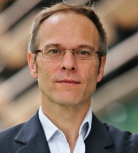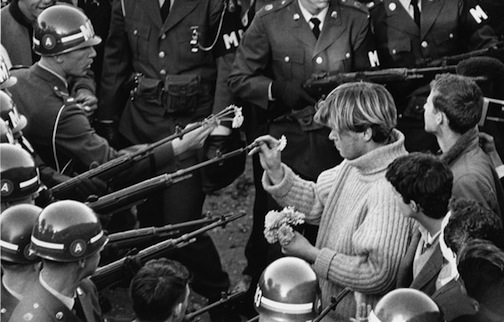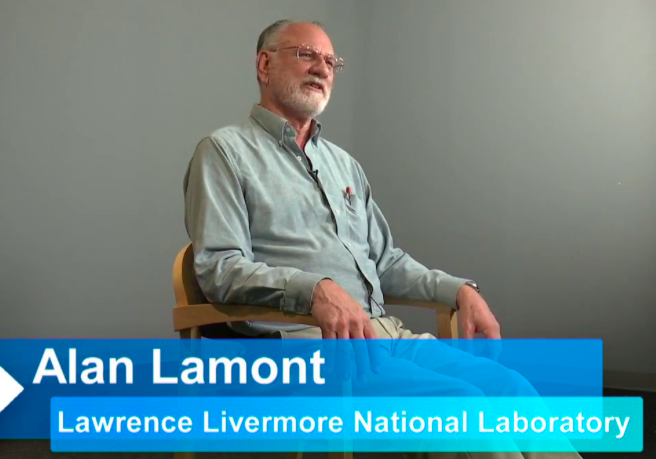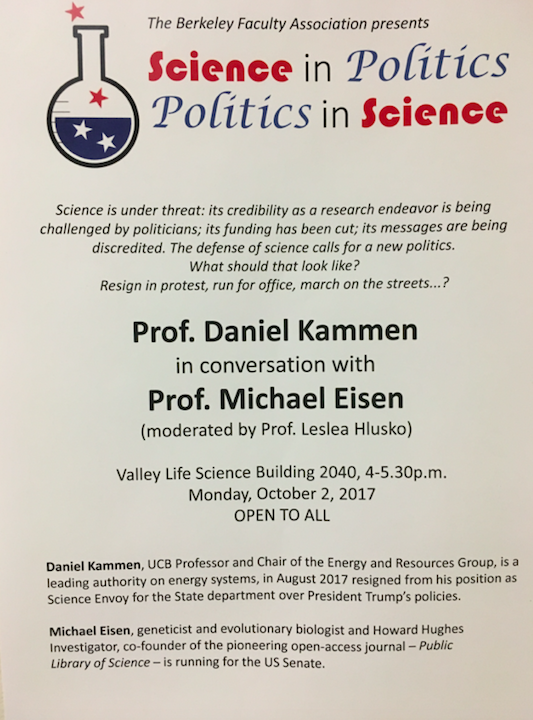Beyond Greening the Blue Helmets: Renewable Energy Transitions for Peacebuilding in Conflict Settings
Room S-2723 United Nations, New York City, NY, United StatesBeyond Greening the Blue Helmets:
Renewable Energy Transitions for Peacebuilding in Conflict Settings
Wednesday, 31 May, 13:30 - 15:30pm, Room S-2723, UNHQ, New York
Malakal IDP Camp, South Sudan
There is a striking overlap among the regions at greatest risk of conflict, those most vulnerable to climate change, and high levels of energy poverty – primarily in Africa, the Middle East and Southern Asia. Renewable energy represents an under-utilized entry point. Yet conflict-affected settings are characterized by unique challenges, and the renewable energy revolution that is transforming much of the world risks bypassing the conflict-prone states that stand the most to gain. The potential for renewable energy to deliver multiple economic, social, environmental and peace benefits in conflict settings remains largely untapped.
___________________
You are invited to join a presentation on the potential for renewable energy in conflict and crisis settings, by the leadership team from the Program on Conflict, Climate Change and Green Development, a program of the Renewable Energy and Appropriate Laboratory (RAEL) at the University of California, Berkeley.
The Program aims to promote the use of renewable energy as a tool for peace building and conflict resolution and has developed different models through which to deliver “energy-peace benefits” including:
A humanitarian sector-wide transition from diesel to solar power in South Sudan, which could deliver humanitarian cost savings while building long-lasting energy assets and future building blocks for peace;
Integrating renewable energy into peace building and conflict prevention programming, including as part of a peace dividend strategy in South Sudan and Myanmar; and
The launching of a new market-based financing mechanism - the Peace Renewable Energy Credit – designed to support renewable energy investment and deployment in conflict and crisis risk settings.
The presentation and ensuing discussion will explore the following questions:
How can a broader rethinking of the role of energy be integrated into the United Nations peace agenda?
How can strategic decisions involving energy advance UN mission mandates?
Are Member States open to meeting peacebuilding and climate change commitments in crisis settings?
The Program on Conflict, Climate Change and Green Development team: Professor Daniel M. Kammen, Director, Renewable and Appropriate Energy Laboratory (RAEL), University of California, Berkeley; Dave Mozersky, Program Director; Sherwin Das, Senior Fellow; Dave Williams, Senior Fellow
More info on RAEL and the Program can be found at http://rael.berkeley.edu and https://rael.berkeley.edu/conflict



